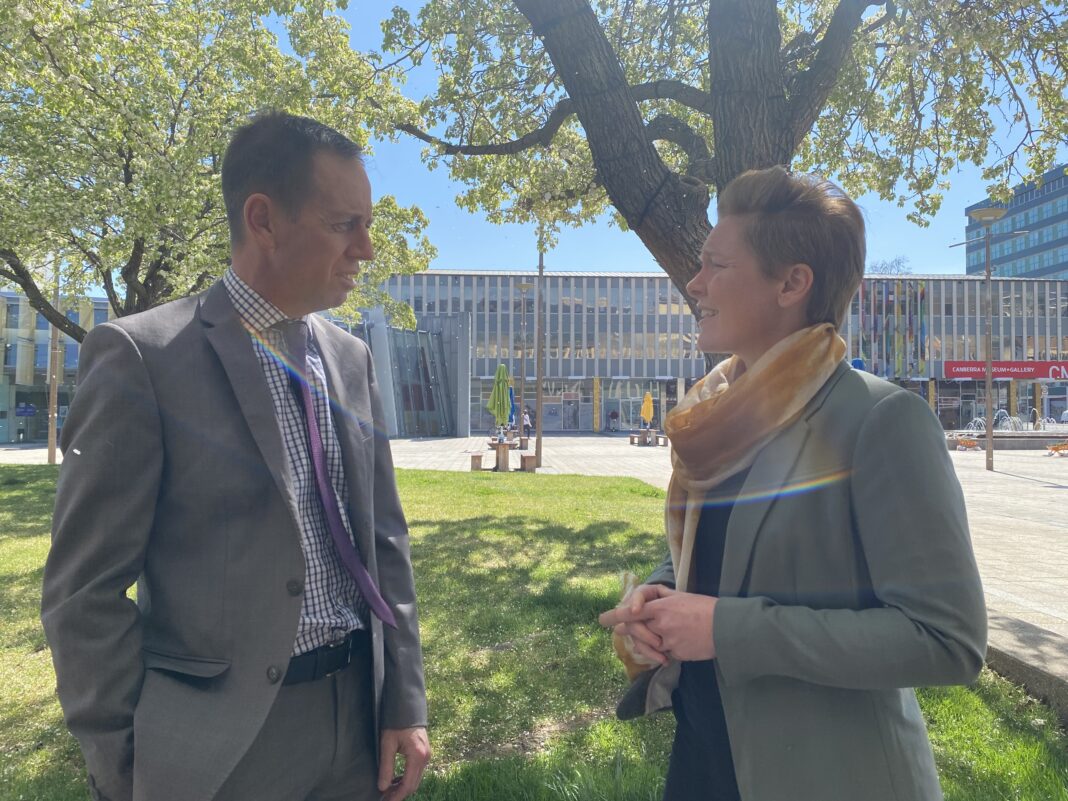The ACT Government has provided the support services of victims of crimes with a short-term funding boost after dramatic increases in reports of family violence, sexual assault and stalking strained their resources.
Victim Support ACT will receive $130,000 to continue their work in counselling, case coordination, advocacy, victim court support, and specialist Aboriginal and Torres Strait Islander and multicultural community outreach programs.
The service has reported a 70% increase in new clients compared to the same period last year.
The new clients include a 126% increase in new family violence-related clients and a 50% increase in new sexual assault clients.
ACT Victim of Crime Commissioner Heidi Yates said the money would allow them to “keep pace” with the increased demand and she would work with government to ensure they stayed sufficiently funded.
“The impact of COVID will have a long tail wind,” Ms Yates said.
“For many months ahead, we may well continue to see an increase in demand for our services.
“Our client case load may mean we may be able to assist clients intensively when they first contact us, but that we are not doing the follow up in the ways we normally would when we had smaller numbers of clients.
“We hope these funds will be sufficient in the short term; we’ll certainly be speaking to government about ensuring that resourcing is sufficient going forward.”
The Commissioner said, anecdotally, they had seen increased reports of serious assaults in which people have sought urgent medical care (particularly after sexual assault), choking, strangulation, and stalking behaviour.
“Covid has had a significant impact on people’s day-to-day lives in terms of where they are travelling to and from,” she said.
“It seems, in some instances, perpetrators have used that as an opportunity to track and exercise control over people, in the context of those changes of rhythm.”
Ms Yates said the initial closures caused by coronavirus meant less social contact and less public facing services, and they received reports from women that for first time they were unable to shield their children from exposure to family violence.
“That was the reason they finally decided to reach out for help; previously they had been able to protect their children from that exposure, however, home schooling and other restrictions meant they could no longer do so.
“I am concerned that should we see a second wave and further lockdowns in the Territory. The messaging, from the get-go, must be, if your home is not a safe place, you don’t have to stay there.”



